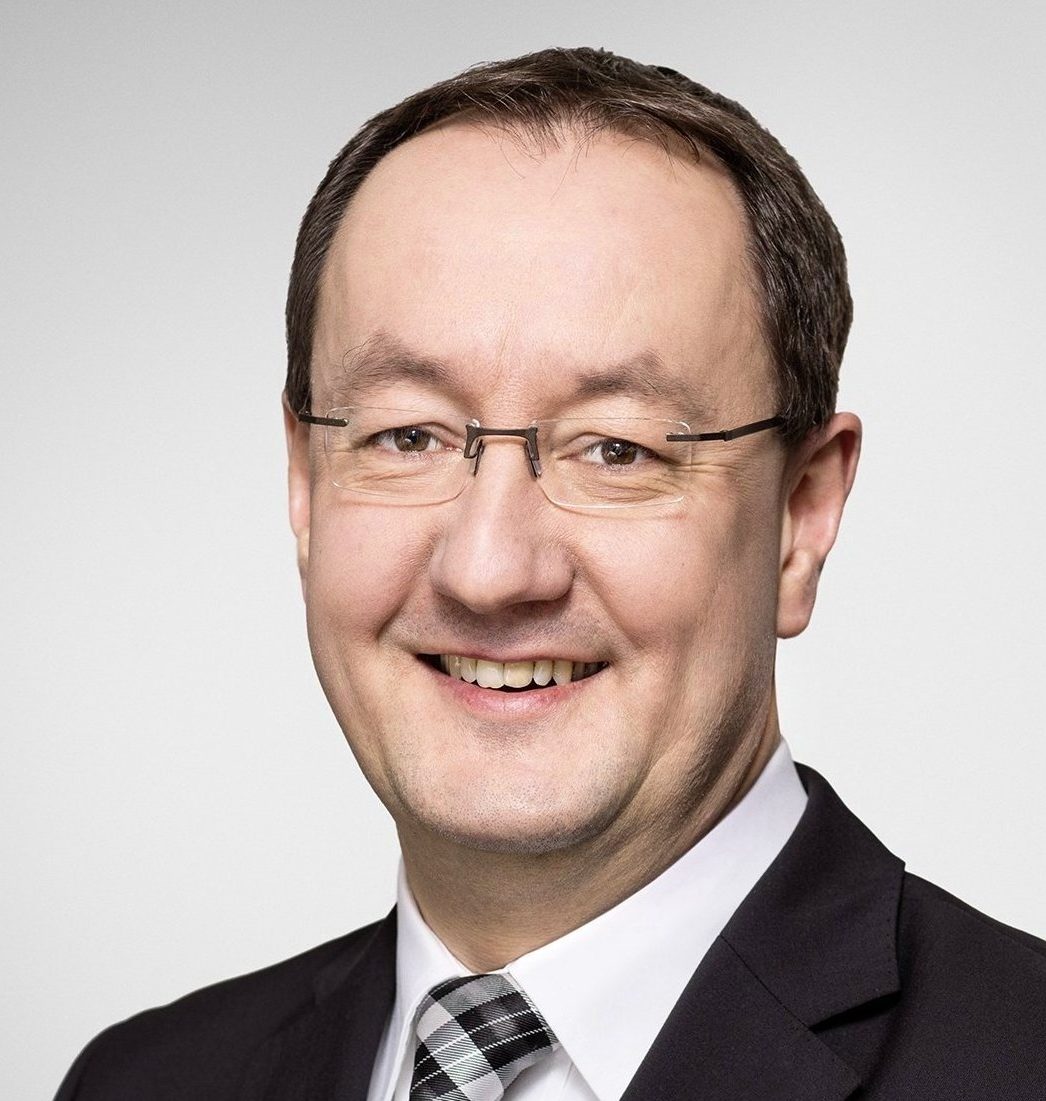8:30 AM - 1:00 PM Hotel Partizan Lobby

Registration and badge collection
Vitajte
9:20 AM Conference opening
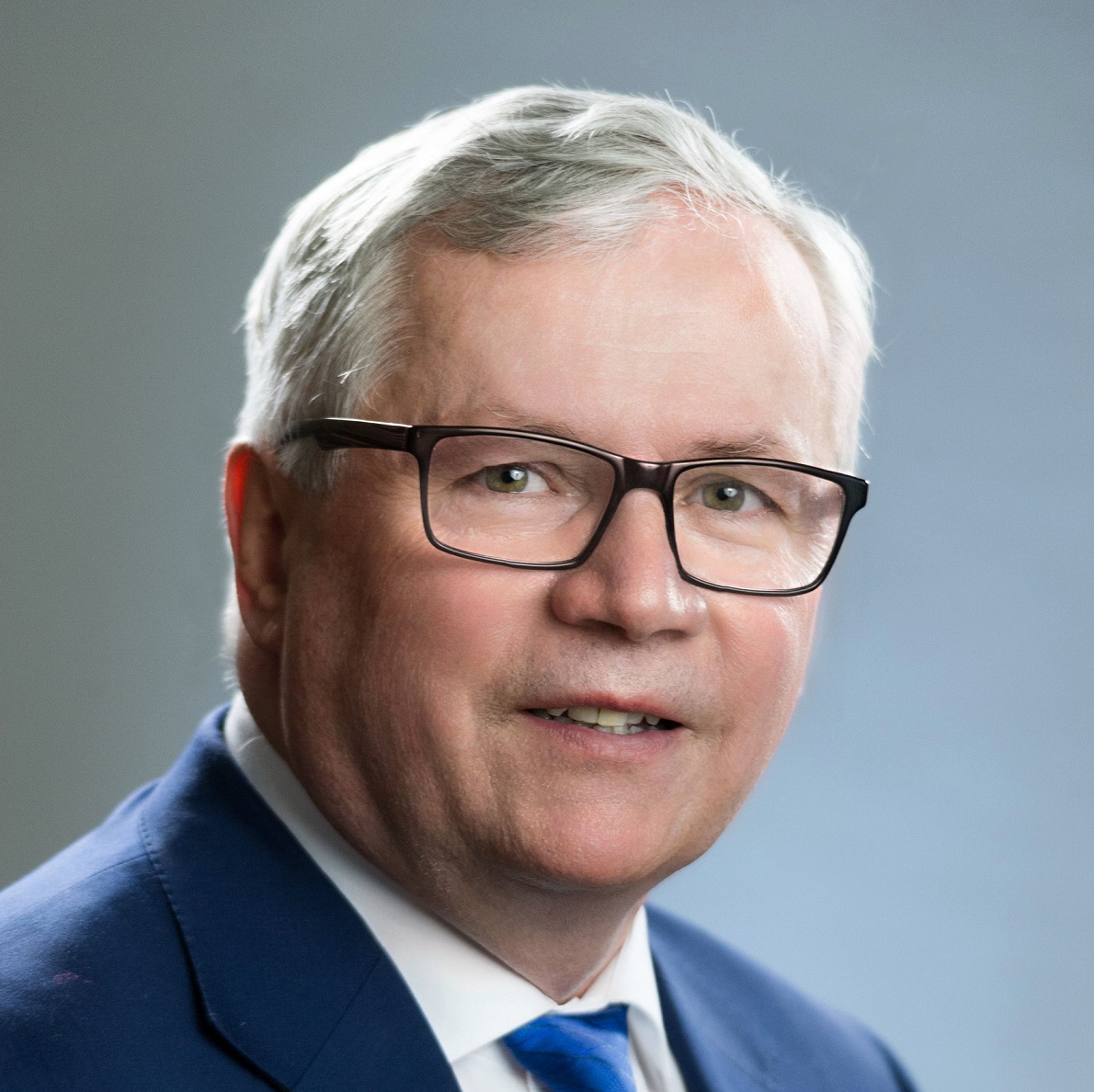
Juraj Sinay
Professor & Coordinator of hydrogen technologies in the Slovak Republic, Technical University of Košice
Professor of technical equipment safety and risk theory. Rector of Technical University in Košice from 2000 to 2007, President of the Association of the Automotive Industry of the Slovak Republic from 2015 to 2017. Currently, he is the Coordinator of Hydrogen Technologies in the Slovak Republic and a member of author teams for the development of the National Hydrogen Strategy of Slovak Republic as well as the National Hydrogen Strategy Action Plan.
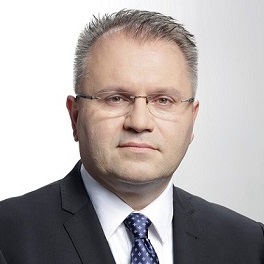
Vojtech Ferencz
Secretary of State, Ministry of Economy of the Slovak Republic
Date of birth: August 20, 1970
EDUCATION:
2007 – 2010 University of Economics in Bratislava, Faculty of Business Economy, Košice, dissertation defense /PhD title/
1991 – 1995 University of Economics in Bratislava, Faculty of Business Economy, Košice, Department of Management, Marketing and Accounting /Ing title/
1989 – 1991 University of Economics in Prague, Department of International Trade
1985 – 1989 Secondary Grammar School Kráľovský Chlmec
PROFESSIONAL EXPERIENCE:
06/2012 – 03/2016 State Secretary, Ministry of Environment of the Slovak Republic
04/2012 – 06/2012 Advisor to Minister, Ministry of Environment of the Slovak Republic
09/2010 – 04/2012 Deputy Director for Economy, Slovak Water Management Enterprise, s.p.- plant in Košice
07/2010 – 09/2010 CEO, Advanz, s.r.o. Košice
04/2007 – 06/2010 Director General of Strategy Section, Ministry of Economy of the Slovak Republic
11/2005 – 03/2007 Accountant and Financial Manager in private companies in Košice
08/1995 – 11/2005 Assistent GR, Plant Manager, Financial Director, Východoslovenské strojárne a.s.,
Foreign Languages
Hungarian – advanced (spoken and written)
English – advanced (spoken and written)
German – intermediate (spoken and written)
Russian – intermediate (spoken and written)
Spanish – beginner
9:45 AM How can the challenges of the automotive industry in Slovakia be handled?
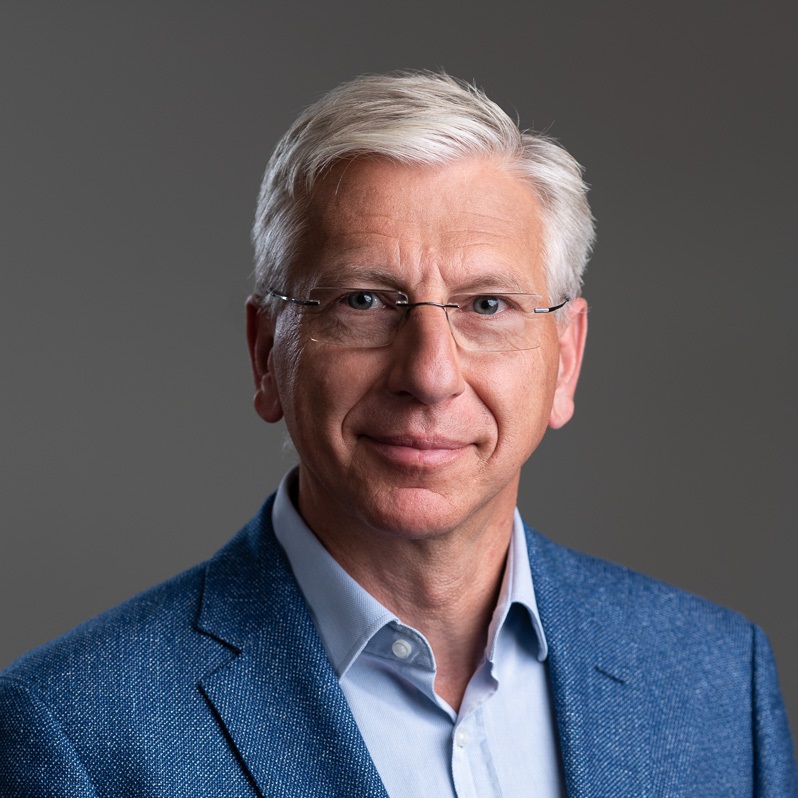
Alexander Matušek
President, Automotive Industry Association of the Slovak republic
He heads the External Relations / Environment / Social Services department at Volkswagen Slovakia, a.s. In the past, he was responsible for the management of the entire logistics at Volkswagen Slovakia and also held several management positions within the Volkswagen Group in Portugal and the USA. Since 2018, he is the President of the Automotive Industry Association of the Slovak Republic (second term). In 2018, he was elected Vice President of the Federation of Slovak Industrial and Transport Associations.
Automotive production, and not only in Slovakia, brings many challenges in the form of acquiring competent specialists in an exceptionally competitive environment, the fast pace of product innovations and production processes, the development of supply structures and the growing demands for environmental protection. How does one of the largest car producers in Slovakia deal with these changes?
Alexander Matušek from Volkswagen Slovakia, responsible for General Services and the environment, answers this question.
Since 1991 Volkswagen Slovakia has produced more than 4.5 million cars in Slovakia. It is one of the largest employers, exporters and investors in the country, employing more than 10 800 people. The company produces Volkswagen Touareg, Audi Q7, Volkswagen up!, Volkswagen e-up!, SEAT Mii and ŠKODA Citigo passenger vehicles and Porsche Cayenne bodies. Apart from vehicles it produces transmissions, components for transmissions, chassis and engines and equipment used in the production of vehicles.
10:10 AM PSA Groupe is taking root in Slovakia
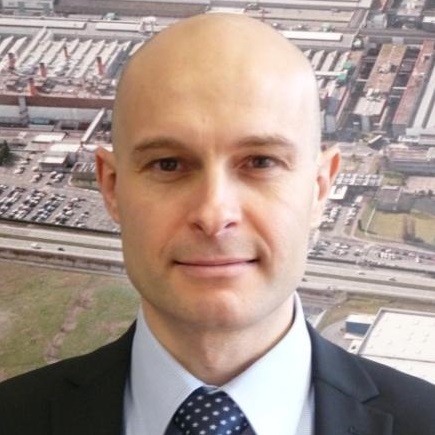
Stéphane Bonhommeau
Managing director, PSA Groupe plant in Trnava
1st of March 2017 General Director
PSA Groupe Slovakia Production centre in Trnava
2015 Plant Director light commercial vehicules
Plant PSA Groupe in Hordain, France
2014 Assembly Shop General Manager
Plant PSA Groupe in Rennes, France
2011 Industrial General Manager
Plant PSA Groupe in Rennes, France
2007 Industrialization project manager of the 508 car
Plant PSA Groupe in Rennes, France
2004 Production, Quality and Assembly line manager
Plant PSA Groupe in Rennes, France
1994 Head of production unit and group, then Head of technical group and Quality Assurance ; Assembly Shop, Paint Shop, Quality Shop
Plant PSA Groupe in Aulnay-sous-bois, France
EDUCATION
2004 Engineer diploma of Ecole Nationale des Ponts et Chaussées
2004 MAS in « Organization and management of production systems »
PSA Groupe is taking root in Slovakia:
- in 2016, after ten years of production, the company registers record volume of its production
- at the beginning of 2017 launeches the fourth work shift
- is actively searching for new suppliers localised in proximity of the car factory
- expands their activities in the area of purchasing and accounting services for the graoup
- starts the project of engine produciton
10:35 AM Kia Motors Slovakia – Actual status and future challenges
10:50 AM

11:00 AM - 11:20 AM

Congress foyer
11:40 PM Embraco success story – evolution from production towards development
12:00 PM What works for us today, will not be sufficient tomorrow
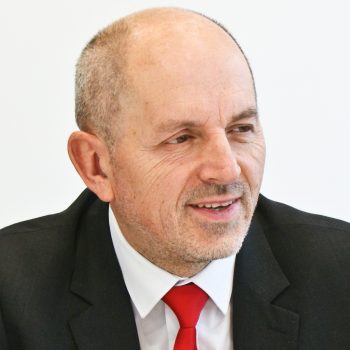
Martin Morháč
founder, Intelligent Industry Association - Industry 4UM
Graduate of the Faculty of Mechanical Engineering STU in Bratislava. He has dedicated his entire professional life to digitization and automation in the industry. He started his career at the Faculty of Mechanical Engineering SVŠT, he dealt with the automation of pre-production phases for the ZTS Group. In 1991, he co-founded SOVA, now known as SOVA Digital. For six years, he led the commission for research, development and innovation of the Automotive Industry of the Slovak Republic. He was a member of the Government Council for Science, Technology and Innovation. He is one of the initiators and leaders of the Association of Intelligent Industry – Industry4UM.
Automotive industry is heading towards biggest changes in its history. It is an opportunity and a threat at the same time. The lecture describes possible solution of upcoming changes in automotive industry in Slovakia. It indicates, where companies can move forward in the area of R&D, digitalisation, change of professions, technologies…
12:15 PM

12:25 AM - 13:30 PM Hotel Partizan Restaurant

Hotel Partizan Restaurant
01:30 PM Future challenges of reducing CO2 emissions in the car industry post 2020
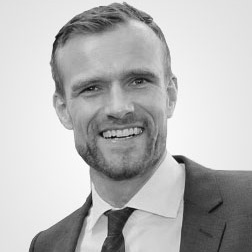
Martin Koers
Head of Economic Policy and Climate Protection Department, German Association of the Automotive Industry (VDA)
Dr. Martin Koers studied Economics and Business Administration in Germany and UK (Edinburgh). After working at the Department of Marketing at Muenster University (Germany) he taught as Visiting Assistant Professor at the University of Illinois (USA) before moving forward to Ford Motor Company in Europe located in Cologne. At Ford he held different management positions before starting his profession at the German Association of the Automotive Industry (Verband der Automobilindustrie – VDA) in Frankfurt and Berlin as Head of Economic Policy and Climate Protection. At the same time he holds a university teaching position at Zeppelin University in Friedrichshafen, Germany.
Passenger cars and light commercial vehicles have been subject to a CO2 Regulation in the EU since 2009. Initially an average target of 130 g CO2/km was set for new passenger cars for 2015, which was tightened up to 95 g CO2/km for 2020. The European Commission is currently working on a draft Regulation for the period after 2020. The continuation of the present political course would involve serious climate policy weaknesses and economic risks. Therefore the German automotive industry is working to enhance climate protection with an improved Regulation taking a holistic approach.
1:50 PM

2:00 PM Live video lecture: European Commision plans in favour of European mobility modernisation, incl. Q&A section
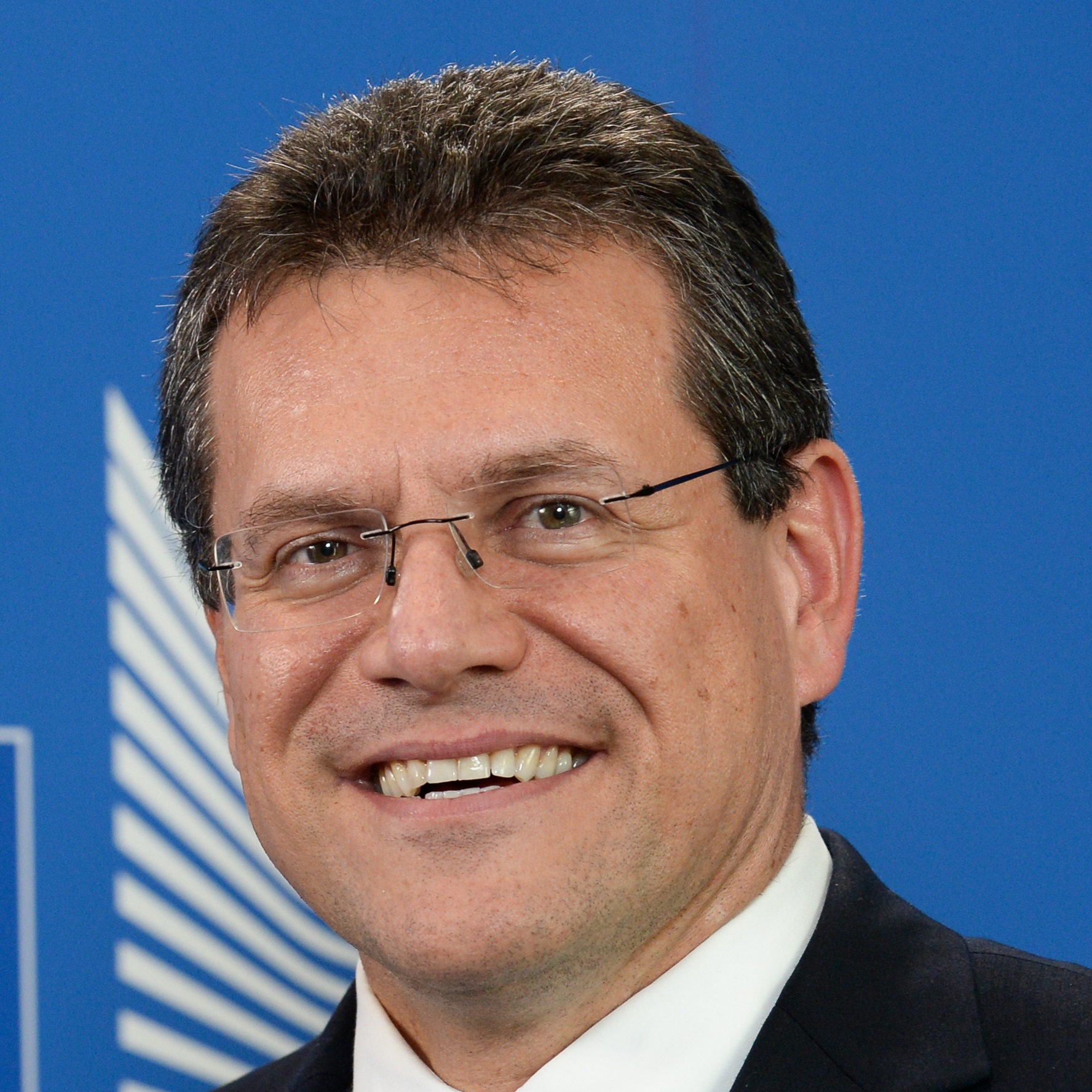
Maroš Šefčovič
Vice President of the European Commission in charge of the Energy Union
Maroš Šefčovič (born in 1966) is a Slovak career diplomat and since 1 November 2014 Vice President of the European Commission in charge of the Energy Union. In this capacity, he leads the “Energy Union” Project Team within the Commission which comprises of 14 commissioners.
In 2014 he was elected as the Member of the European Parliament. From 2010 – 2014 he was Vice President of the European Commission in charge of Inter-Institutional Relations and Administration. In 2009-2010, he was European Commissioner for Education, Training, Culture and Youth. From 2004 -2009, he was the Permanent Representative of the Slovak Republic to the European Union. As diplomat by profession he served between 1992 and 2004 in Zimbabwe and Canada and as Ambassador to Israel.
He graduated from the University of Economy in Bratislava and the Moscow State Institute for Foreign Relations. He holds a degree as Doctor of Law and a PhD of European Law from the Comenius University, Faculty of Law, Bratislava. He also studied at Stanford University, USA.
He has recently published a book on his first mandate as Vice-President entitled “Driving the EU forward – straight talks with Maroš Šefčovič” (John Harper Publishing, London 2014).
Energy Union project is closely linked to transport and modernization of this rapidly growing sector of the economy. The European Commission therefore in 2017 preparing new legislative proposals in favor of a European low-carbon mobility. The proposal focuses on the greatest number of cars with a clean drive on European roads, completion of the necessary infrastructure, including charging stations for electric car, as well as clarification of the legal framework for tolling systems and the Eurovignette.The main objective of the European strategy for low-emission mobility is a situation where CO2 emissions from transport by 2050 were at least 60% lower than in 1990. It also aims at eliminating them, taking into account the necessity to assure all needs of the transport of people, goods and global connectivity.
3:00 PM Panel: Future Industry Powered by Smart Logistics
04:00 PM - 04:30 PM

Congress foyer
4:30 PM Keynote Video Lecture – Live with Q&A section
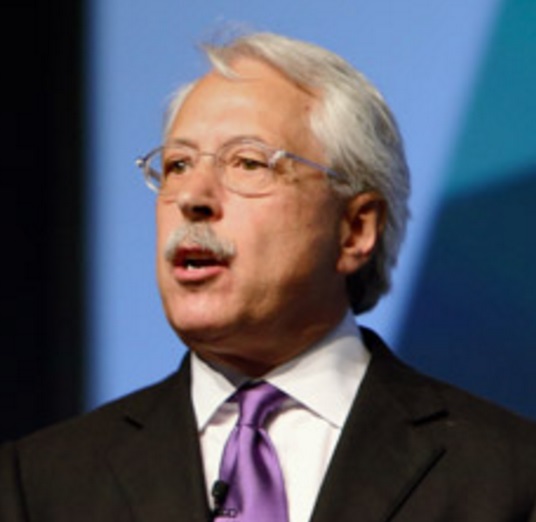
Gary Hamel
American management expert, London Business School
Gary Hamel is one of the world’s most influential and iconoclastic business thinkers. He has worked with leading companies across the globe and is a dynamic and sought-after management speaker. Hamel has been on the faculty of the London Business School for more than 30 years and is the director of the Management Innovation eXchange.
Hamel has written 17 articles for the Harvard Business Review and is the most reprinted author in the Review’s history. His landmark books have been translated into more than 25 languages. His most recent bestsellers are The Future of Management and What Matters Now. In these volumes, Hamel presents an impassioned plea for reinventing management and lays out a practical blueprint for building organizations that are “fit for the future.”
Fortune magazine describes Hamel as “the world’s leading expert on business strategy,” and the Financial Times calls him a “management innovator without peer.” Hamel has been ranked by The Wall Street Journal as the world’s most influential business thinker and is a fellow of the Strategic Management Society and of the World Economic Forum.
Hamel’s groundbreaking concepts such as “strategic intent,” “core competence,” “industry revolution,” and “management innovation,” have changed the language and practice of management in organizations around the globe.
Hamel’s work inside of organizations has been equally pioneering. Highlights include:
- Building one of the world’s first “idea markets” inside a global energy leader.
- Using crowdsourcing to help a European high tech company build a game-changing strategy.
- Orchestrating a comprehensive effort to turn a venerable durable goods manufacturer into one of the world’s most innovative companies.
- Helping a leading Korean company re-engineer its management practices around the principles of openness, community and meritocracy.
- Designing and deploying an online platform that allowed the employees of a top fashion house to share and develop ideas for strengthening their company’s core values.
- Developing innovation tools and platforms that have helped companies around the world de-commoditize mature industries and accelerate growth.
- Running an online “hackathon” in which more than 1,700 senior executives collaborated to reinvent the HR function.
In his work, Hamel has led transformational efforts in some of the world’s most notable companies and has helped to create billions of dollars in shareholder value.
Hamel is one of the world’s most sought-after management speakers on the topics of strategy, leadership, innovation and change.
Nastáva informačný vek, zmeny sa zrýchľujú a hlavnou úlohou pre každú firmu v automobilovom priemysle je, aby v týchto zložitých podmienkach sa stala buď architektom revolúcie vo svojom odvetví, alebo aby aspoň dokázala udržať krok s dynamicky sa meniacimi trendmi a požiadavkami trhu. K tomu sú potrebné tri hlavné smery zamerania manažmentu firiem:
- Rozvoj inovácií smerom k procesom, technológiám, výrobkom i biznis modelom
- Rozvoj flexibility firiem, schopnosť pohotovo a správne reagovať na prichádzajúce zmeny
- Rozvoj a vedenie pracovnej sily smerom k zabezpečeniu predchádzajúcich dvoch bodov
Gary Hamel využíva na objasnenie svojej prednášky viacero príkladov praktických aplikácií dosiahnutých v podnikoch z celého sveta. V závere prednášky bude vytvorený pomerne veľký priestor na diskusiu s týmto významným svetovým odborníkom.
5:20 PM

7:00 PM Tálska bašta
8:00 AM The application of the methodology “Design for Six Sigma” in the design and development of car parts
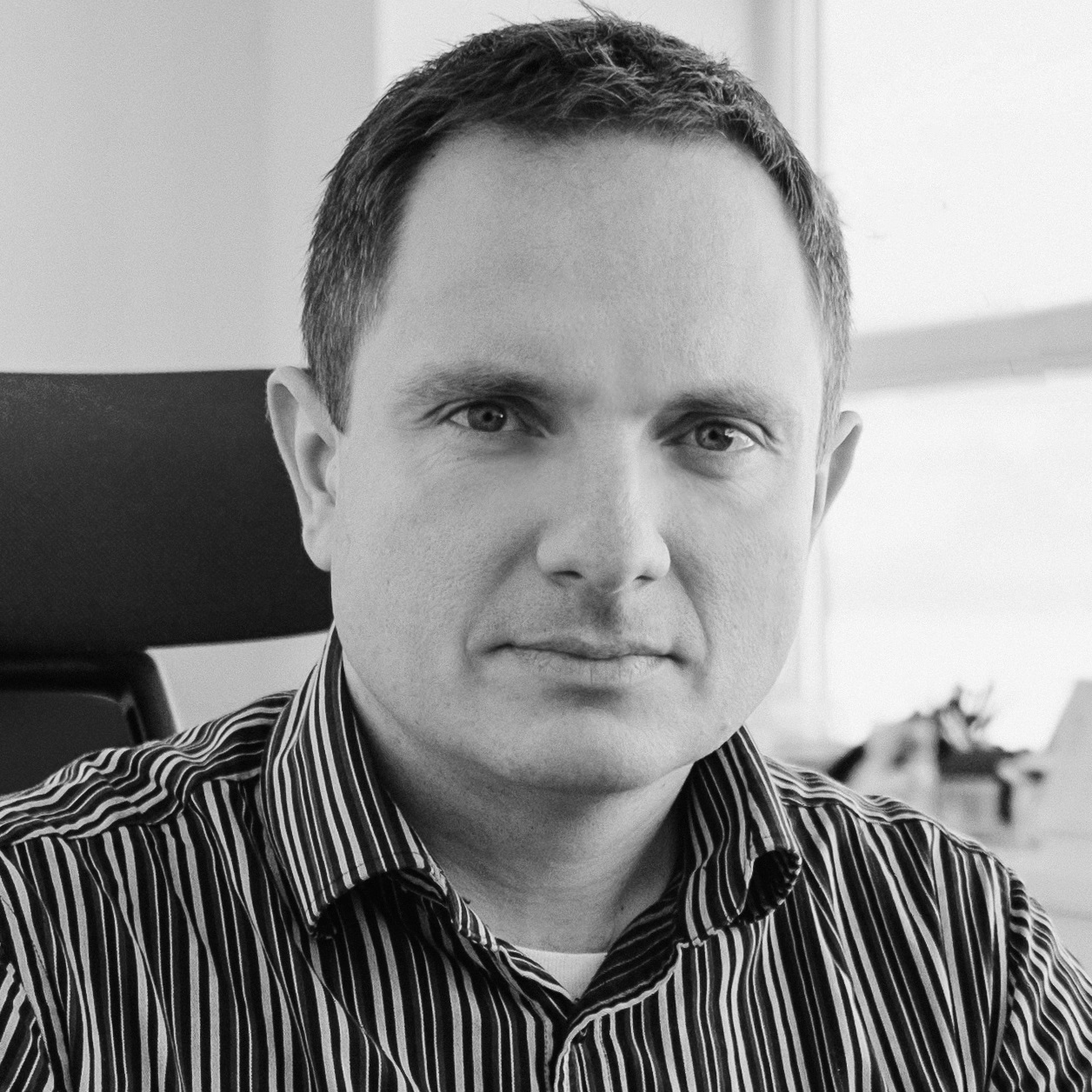
Frantisek Horecny
Continuous Improvement Manager, YFAI
Mr. Horecny devotes to the Six Sigma methodology and Lean for 12 years. He gained a big part of his knowledge and experience in this area working for the manufacturing sector of automotive industry abroad. In Slovakia, he worked in engineering and electrical industry as a project manager and Continuous Improvement Manager. He is a certified Six Sigma Black Belt and his current mission is to implemetn the methodology of Robust engineering (Design for Six Sigma) in the development of car interiors in technical centers Yanfeng Automotive Interior Systems Slovakia in Trencin.
The application of the methodology “Design for Six Sigma” in the design and development of car interiors
– Introduction to the methodology of Design for Six Sigma (robust engineering) using a statistical method Design of Experiments by Dr. Taguchi
– Typical fields of application of the Robust Engineering methodology
– Example of project solution
– Benefits of Robust Engineering
8:20 AM The automotive industry: looking to the future
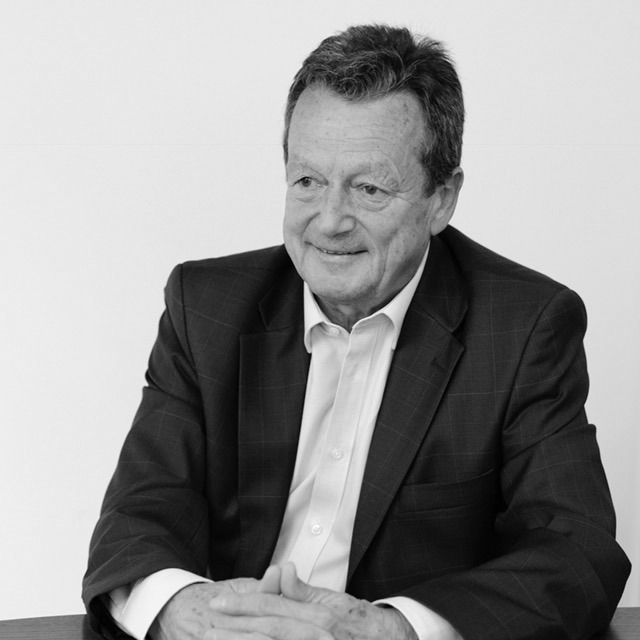
Ivan Hodáč
Event host, founder of Aspen Institute Central Europe, former ACEA Secretary-General
Ivan Hodač is a Founder and President of the Aspen Institute Prague. He was Secretary-General of the European Automobile Manufacturers’ Association (ACEA) from 2001 until October 2013. He is the Chairman of the Board at cabinet DN. The Financial Times listed him among the most influential personalities in Brussels politics. Before joining ACEA, he was Senior Vice-President and Head of the Time Warner Corporate office for Europe. Previously he was Secretary-General of the trade organization IFMA/IMACE, Senior Economist at Didier & Associates, and Assistant Professor at the College of Europe, Bruges. He was born in Prague, where he studied mechanical engineering. He completed his education in economics and political science at the University of Copenhagen and the College of Europe in Bruges (European studies).
In the coming years the automotive industry will be facing challenges as probably never before: automated and connected driving, smart cities, introduction of new technologies that will meet future emission and CO2 standards, multilateral and bilateral trade arrangements, questioning of globalization and existing regional groupings. Do the young people of today still consider ownership of cars a necessity? Who will build the infrastructure that will be needed to meet most of these challenges? What technologies will emerge as winners – and based on what considerations? Is the European industry equipped to meet all these challenges?
8:40 AM Optimising road transport through autonomous vehicles
9:00 AM Modern production technologies: Car production in the factory of the future
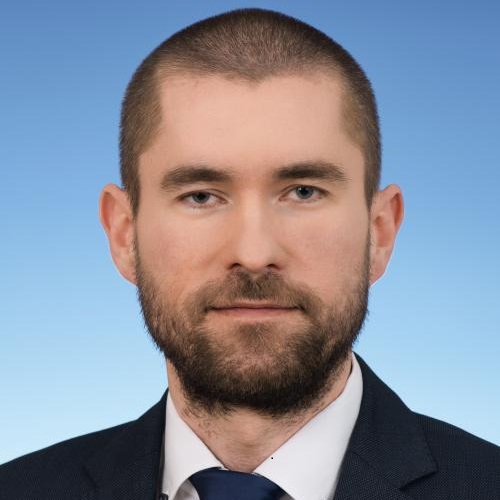
Tomas Polascin
Head of the Manufacturing Technology dept. and member of the Group's strategic project "Production of the Future", Volkswagen Slovakia
Tomáš Polaščin (37) is responsible for Production Technologies and a team of technology experts in the company. Last year he became a member of the strategic project of the Volkswagen Group for “Production of the Future“, focused on the preparation of production processes for electromobility, digitalization of products and production technologies.
„Before everything else, getting ready is the secret of success.“ – Henry Ford
Even though the world of automobiles has changed considerably since Henry Ford made important innovations in car production many years ago, it is even more true today that we have to make timely preparations for the changing demands of our customers. This applies to the cars themselves, as well as to production technologies and factories. What changes do product innovations bring to production processes? Will we be producing cars in factories without people? Will a new production system for large scale mass production replace Ford’s production line?
Tomáš Polaščin from Volkswagen Slovakia, responsible for Production Technology and a team of technology experts, provides professional insight into these questions.
Since 1991 Volkswagen Slovakia has produced more than 4.5 million cars in Slovakia. It is one of the largest employers, exporters and investors in the country, employing more than 10 800 people. The conpany produces Volkswagen Touareg, Audi Q7, Volkswagen up!, Volkswagen e-up!, SEAT Mii and ŠKODA Citigo passenger vehicles and Porsche Cayenne bodywork. Apart from vehicles it produces transmissions, components for transmissions, chassis and engines and equipment used in the manufacture of vehicles.
9:20 AM

9:30 AM - 10:00 AM

Congress foyer
10:00 AM Materials for cars of future
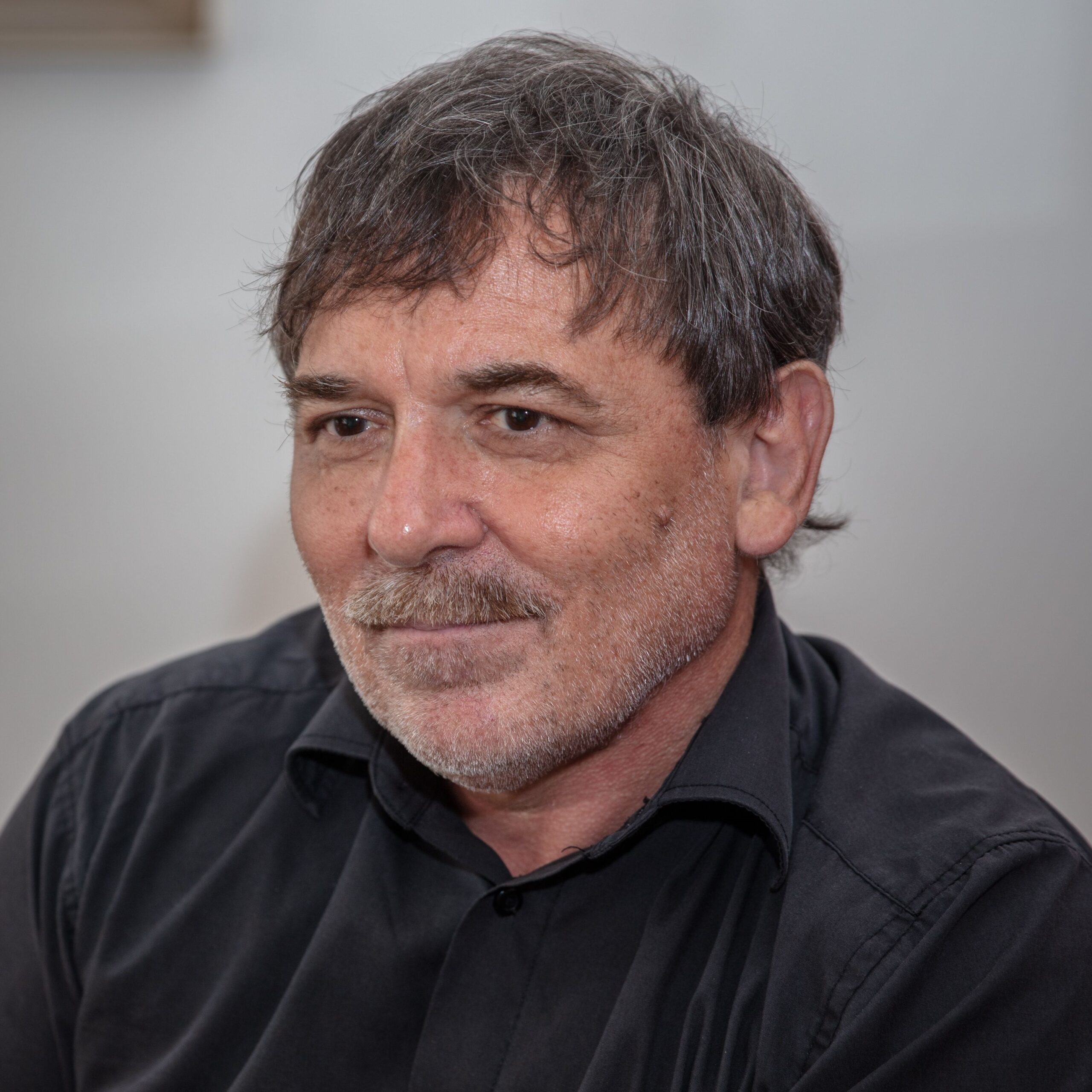
František Simančík
Institute of Materials and Machine Mechanics, Slovak Academy of Sciences
Dr. František Simančík is a member of the Presidium of the Slovak Academy of Sciences. He is the head of the academic innovation center for light metals and composites (INOVAL) and coordinator of Centre of excellence for R&D on structural composites for engineering and medical applications. His research is focused on the development of novel lightweight structural materials including metal matrix composites or metallic foams. Main research results include the development of metal foaming technology with several successful applications in car body structures and applications of MMCs parts where efficient heat management is required. He coordinated more than 30 research projects including 13 international projects and successfully supervised 9 PhD students.
The global challenges such as reduction of CO2 emissions, limited and exhausting material resources, growing population and associated space and mobility problems set strong requirements also on the construction of future cars. New materials are urgently needed to increase efficiency of primary resources (green energy, raw materials) and simultaneously reduce global pollution, while assuring a required safety and passenger comfort.
In the paper some of the perspective development approaches including novel lightweight materials and technologies for car body structures, materials for efficient thermal management, materials for energy conversion and its temporary storage will be briefly discussed. The current development be assessed with respect to availability of resources, possibility of tailoring the properties, existence of recycling concepts and also associated costs. Some prototype studies will be presented to demonstrate promising research results.
10:20 AM Current achievements and future outlook for advanced materials in automotive industry
10:40 AM Complex solutions for Smart Logistics
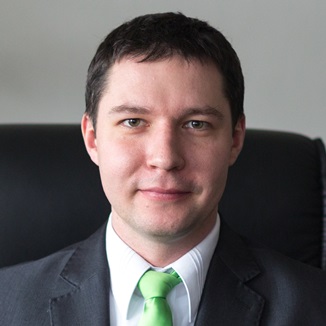
Jan Labaj
CEIT Technical Innovation, director
Ing. John Lábaj, PhD. studied at the Department of Design and Machine Components of University of Zilina. He has been working for CEIT since 2011 where he significantly contributed to the research, development and deployment of mobile robotic systems into industrial practice. Since December 2015, he is the director of CEIT Technical Innovation, which is part of CEIT.
Successful industrial companies in an effort to respond the challenges of Industry 4.0 innovate their manufacturing and logistics processes by using intelligent mobile robotic systems. CEIT is a specialist in complex solutions for smart logistics, including planning, optimization, development and implementation of their own mobile robotic systems. What is their specific contribution? How they´ve changed course in industrial halls? Why are they essential for the future Smart factories?
11:10 AM - 11:40AM

Congress foyer
11:40 AM The panel discussion: How to ensure sufficient amount of skilled labour force
Jaroslav Kouril
Group Country HR Director Slovakia, Faurecia
Mr. Jaroslav Kouril is working nearly 30 years in the human resources sector. His actual position is HR Director for Slovakia in multinational company Faurecia. Faurecia as an important world player in the field of subcontractors in automotive industry and currently employs approximately 2,500 employees in Slovakia. He has large professional experience in multinational corporations in the automotive, industrial and energy sectors, but also in the public sector. He completed his postgraduate degree in financial law at Comenius University and international management studies in Netherlands and Czech Republic.
In recent years, despite still relatively high unemployment rate, Slovak competitiveness has been hindered by the shortage of qualified labor force. How OEMs and suppliers want to handle this issue and how the government will intervene.
11:40 AM Industry4UM: How to start Industry 4.0 in a company

Martin Morhac
Chief executive officer, Sova Digital
He completed studies at Faculty of Mechanical Engineering of Slovak University of Technology in Bratislava, in 1982. In the same year he started working at the same faculty as a research worker. His focus was on Management Information System, with a specialization on preproduction processes. Since 1989 he was a leader of the division of Automatization of Engineering Work in the company called Inorga Praha, Bratislava branch. In 1991 he was a co-founder of SOVA Ltd. enterprise. Since then he has been the director of the company named SOVA Digital a.s. today.
Note: Industry 4UM is only in Slovak language with no interpretation
Industry 4UM: How to start Industry 4.0 in a company
Industry 4UM is a new format of an open discussion forum, which aims to clarify the issue of Industry 4.0 by experts on selected topics. Today we will discuss the following topics: Introduction of Industry 4.0 in Slovak companies begins. What approach we should choose, What should be the first steps and how to manage the process of implementation; Experience of the company which is successful in implementing the Industry 4.0; Cyber Security in Industry 4.0.
Industry4UM is a joint project of SOVA Digital and REVUE Priemyslu. In 2017, several Industry4UM discussion forums are being prepared. They will be focused on various current topics of Industry 4.0.
Note: Industry 4UM is only in Slovak language with no interpretation
11:40 AM Workshop: Searching innovative solutions using creative methods for industrial companies
1:00 PM - 2:40 PM Hotel Partizan Restaurant

Hotel Partizan Restaurant
Conference is divided into two days. Two day layout was prepared with intention to create conditions for high quality networking program which is planned on the first day evening.
- Specialists sharing their experience
- Inspiration from automotive industry experts
- New contacts and networking
- Evening raut
CONFERENCE PROGRAM:
Conference Program (.PDF)
Conference Program (.JPG)
Orientation Map
How it will run
After opening the conference on Tuesday morning, we will start the first block of lectures. Then, lunch will be served at the hotel restaurant. After the lunch break, we will continue with the next set of lectures. If you find it difficult to concentrate you may welcome regular coffee breaks for your refreshment. After the last lecture, you will have some time to rest. An evening raut will take place in the nearby restaurant Talska bastion with the opportunity for informal networking.
Second day, after breakfast, the conference will continue with interesting lectures and panel discussions. Lunch will be served at the restaurant of Hotel Partizan.


 Slovenčina
Slovenčina